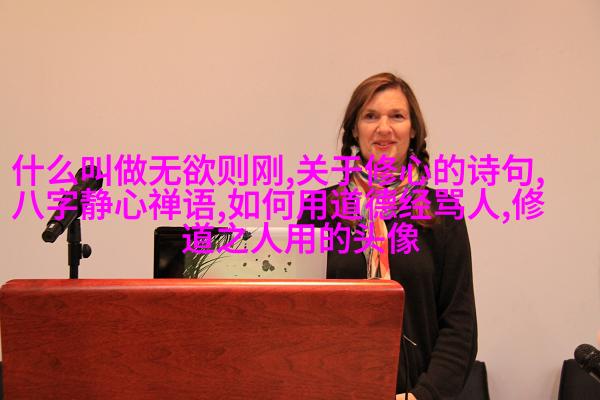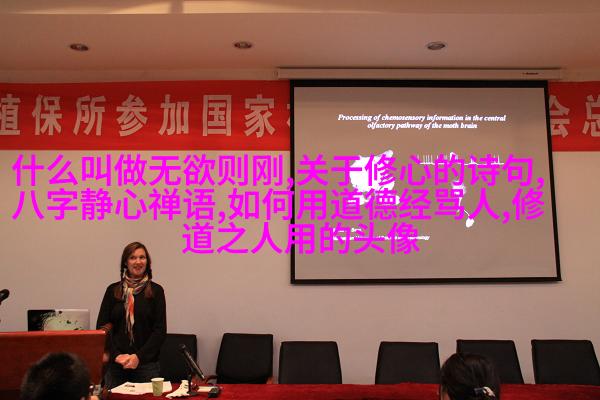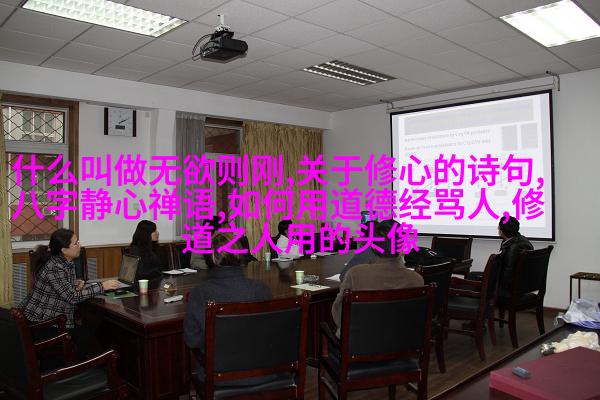女性化缘行为的社会学解读:探索其文化意义与心理动机

引言
女人说化缘是什么意思,这个问题触及了人们对于性别角色、社会交往和个人需求等多个层面的思考。化缘,通常指的是在公共场合向他人请求帮助或物品,而这一行为在不同文化和社会背景下可能具有不同的含义和接受度。本文将从社会学角度出发,探讨女性化缘行为背后的文化意义与心理动机。

文化意义
在传统中国文化中,女性被赋予了温柔、贤淑的形象,她们通常不太会公开表达自己的需要,更不用说直接请求帮助。因此,当一个女人选择在公共场合进行化缘时,其背后可能隐藏着一系列复杂的情感和逻辑。在某种程度上,这种行为可以看作是对传统性别角色的一种挑战或反叛,也许是因为她们希望打破常规限制自己表达自我的空间。

心理动机
为了更深入地理解女人的化缘行为,我们需要考虑到她们的心理状态。有时候,人们会因为生活压力过大或者经济困难而寻求外部帮助。这意味着,在某些情况下,女子通过公开的方式获取资源并非仅仅是一种无奈之举,而是一个非常现实且必要的手段来维持生存甚至获得幸福感。

社会认同与支持网络
从另一个角度看,一个女人是否敢于说出“我要去化缘”,还取决于她所处的社群环境。如果她的周围有相似的朋友圈,她可能更容易找到勇气去做这样的事情,因为这可以作为一种社群内的互助行动。而如果周围的人都不支持或者认为这是不恰当的话,那么即使她想去也很难做到。

性别平等视角
化缘这个词汇本身就带有一定的负面色彩,它暗示了一种依赖关系,即主体缺乏独立性的能力或资源,从而不得不向他人请托。这也是为什么很多现代女性倾向于避免使用这个词汇,他们宁愿称之为“分享”、“互助”等更加积极正面的名词,以此来强调这种活动是一种平等交流,不再受限于传统的弱者依赖强者的模式。
结论
woman say "I want to beg" is a complex phenomenon that involves multiple layers of cultural, psychological and social factors. It's not just about asking for help, but also about the underlying power dynamics between individuals and groups within society.
In conclusion, understanding the meaning behind a woman saying she wants to beg requires us to consider both the societal context in which this behavior occurs as well as the individual's personal motivations and desires.
By exploring these factors through a sociological lens, we can gain valuable insights into how gender roles shape our interactions with others and how women navigate these complexities in their daily lives.
Ultimately, it is important for us to recognize that every person has different experiences and perspectives based on their unique backgrounds and circumstances.
As such, when encountering behaviors like begging or requesting help from others,
we should strive to be empathetic listeners who seek out diverse viewpoints rather than making assumptions based solely on gender or other surface-level characteristics.
By doing so,
we can work towards creating more inclusive communities where everyone feels valued regardless of their background or ability to reciprocate assistance without shame or embarrassment



